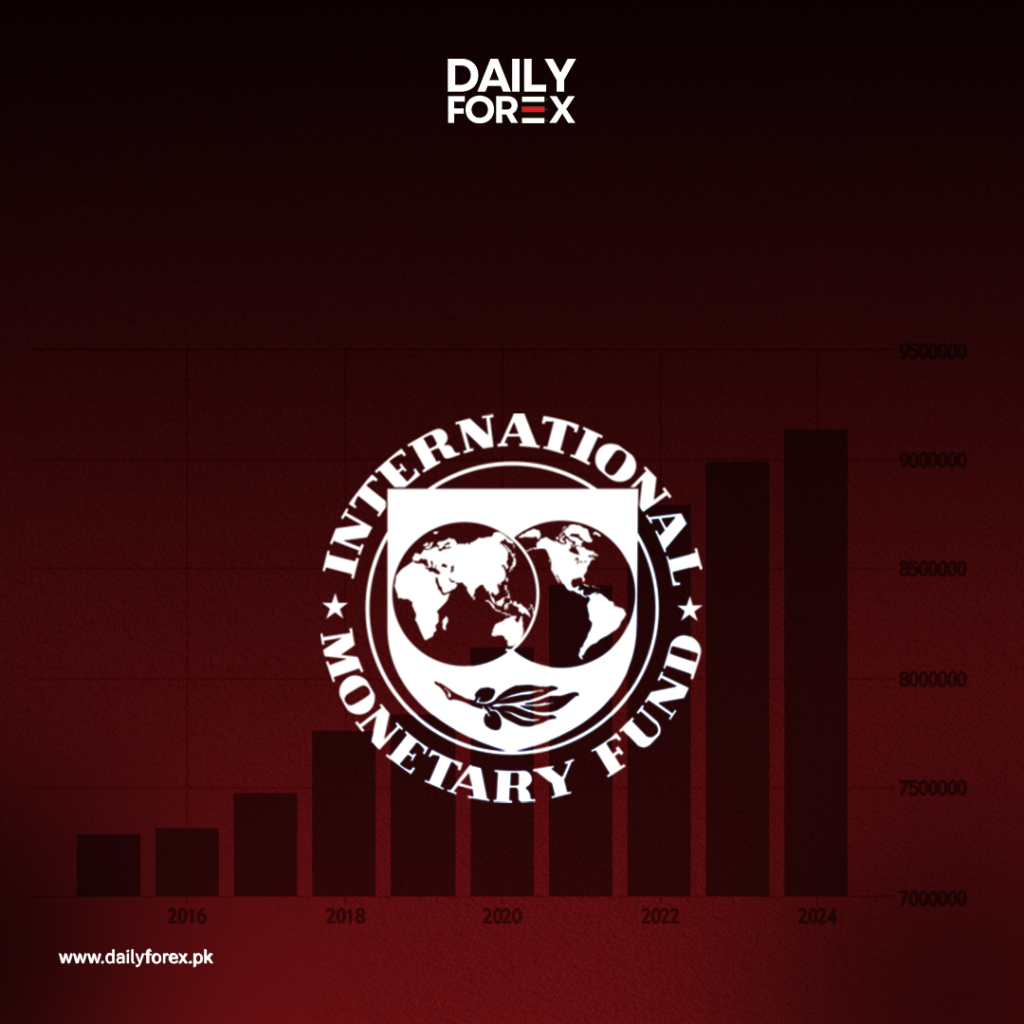Introduction
The International Monetary Fund (IMF) and Pakistani authorities have initiated discussions on the implementation of agricultural income tax, a move that could have far-reaching consequences for farmers, investors, and the broader economy.
According to sources from the Finance Ministry, a special session was held on March 11, 2025, involving provincial governments, the Ministry of Finance, and the Federal Board of Revenue (FBR) to deliberate on the taxation of agricultural income.
This development is part of Pakistan’s ongoing negotiations with the IMF under the $7 billion Extended Fund Facility (EFF) loan program, as the country seeks the next $1 billion tranche to stabilize its economy.
In this article, we will explore:
✅ Why the IMF is pushing for an agricultural income tax in Pakistan.
✅ The impact of this tax on farmers, traders, and the economy.
✅ How it fits into Pakistan’s broader tax reforms.
✅ What the next steps are for Pakistan and IMF negotiations.
1. Why is the IMF Pushing for Agricultural Income Tax?
Pakistan has historically exempted the agricultural sector from direct taxation, making it one of the few untaxed sectors in the economy. This has been a long-standing demand by the IMF, as taxation on agriculture could broaden Pakistan’s tax base and reduce the fiscal deficit.
Key Reasons for the IMF’s Focus on Agricultural Taxation:
📌 Low Tax-to-GDP Ratio: Pakistan’s tax-to-GDP ratio is below 10%, far lower than the regional average.
📌 Untaxed Agriculture Sector: Despite contributing over 20% to GDP, agriculture remains largely untaxed.
📌 Revenue Shortfall: Pakistan needs additional revenue to meet IMF’s budgetary targets and reduce reliance on external debt.
💡 Pro Tip: Taxing the agriculture sector could generate billions in revenue, but it needs to be structured in a way that does not overburden small farmers.
2. How Will Agricultural Income Tax Impact Farmers and the Economy?
While the move to tax agricultural income may seem justified from a revenue perspective, it raises concerns for farmers, traders, and investors in the agricultural sector.
Potential Benefits of Agricultural Taxation:
✅ Increases Government Revenue: A fair tax system could contribute billions to the national treasury.
✅ Promotes Transparency: Brings large landowners and agribusinesses into the tax net, ensuring fairer taxation.
✅ Reduces Over-Reliance on Indirect Taxes: Pakistan heavily depends on sales tax and customs duties, which impact lower-income groups disproportionately.
Potential Risks & Challenges:
❌ Burden on Small Farmers: Many small-scale farmers struggle with high input costs and could be adversely affected.
❌ Political Resistance: Agricultural income tax has faced strong opposition from feudal landlords and politicians in the past.
❌ Implementation Issues: Effective enforcement requires clear tax slabs to ensure only large landowners are taxed, not poor farmers.
💡 Pro Tip: To ensure fair taxation, the government could introduce tiered taxation where small-scale farmers are exempt, and only large landowners pay taxes.
3. Sindh’s Reluctant Approval of Agricultural Income Tax Bill 2025
The Sindh government has reluctantly approved the Agricultural Income Tax Bill 2025, signaling a shift in policy. However, resistance remains, particularly from political stakeholders who benefit from the tax exemption.
Key Highlights of Sindh’s Agricultural Tax Bill:
📌 Imposes income tax on large landowners earning above a certain threshold.
📌 Exempts small-scale farmers from taxation.
📌 Designed to align with IMF’s broader tax reforms to improve revenue collection.
💡 Pro Tip: If successfully implemented, other provinces like Punjab, KPK, and Balochistan may also introduce similar tax laws under IMF pressure.
4. What’s Next? Pakistan’s IMF Negotiations & Economic Outlook
The ongoing IMF talks with Pakistan are critical, as the country seeks approval for the next $1 billion tranche.
Key Developments in the IMF Discussions:
📌 No Direct Meeting Between Finance Minister & IMF Yet: While officials met with the IMF team, Finance Minister Muhammad Aurangzeb has not yet held direct talks.
📌 IMF Reviewing Pakistan’s Fiscal Performance: The IMF is assessing Pakistan’s compliance with its budgetary and tax reform targets.
📌 Executive Board Review Pending: Following the discussions, the IMF staff will finalize recommendations for Board approval.
💡 Pro Tip: The release of the IMF tranche will depend on Pakistan’s ability to implement taxation reforms, including the agricultural tax.
5. Will Agricultural Taxation Help Pakistan’s Economy?
While the taxation of agricultural income is a sensitive political issue, it could play a crucial role in strengthening Pakistan’s economy if implemented fairly and effectively.
Prospects of Agricultural Taxation for Pakistan’s Future:
✔️ Diversified Tax Base: Reduces dependence on indirect taxes, benefiting the middle and lower classes.
✔️ Improved Fiscal Health: Helps meet IMF conditions and strengthens Pakistan’s creditworthiness.
✔️ Reduced Inequality: Ensures large landowners contribute their fair share.
However, the challenge lies in balancing revenue generation with protecting small farmers. A well-structured agricultural tax policy could help Pakistan move towards economic stability without overburdening vulnerable groups.
Final Thoughts: A Critical Moment for Pakistan’s Economy
As IMF negotiations progress, the introduction of an agricultural income tax could be a game-changer for Pakistan’s economy. However, successful implementation requires transparency, fairness, and a tiered taxation system.
✅ Key Takeaways:
📌 IMF is pushing for agricultural income tax as part of Pakistan’s $7 billion loan program.
📌 Sindh has approved an agricultural tax bill, but implementation remains a challenge.
📌 Small farmers should be protected through exemptions and tiered taxation.
📌 The release of Pakistan’s next IMF tranche depends on tax reforms and fiscal performance.
For more updates on forex markets, economic news, and financial trends, visit www.dailyforex.pk.
📢 Do you think agricultural income should be taxed in Pakistan? Share your thoughts in the comments below! 👇




